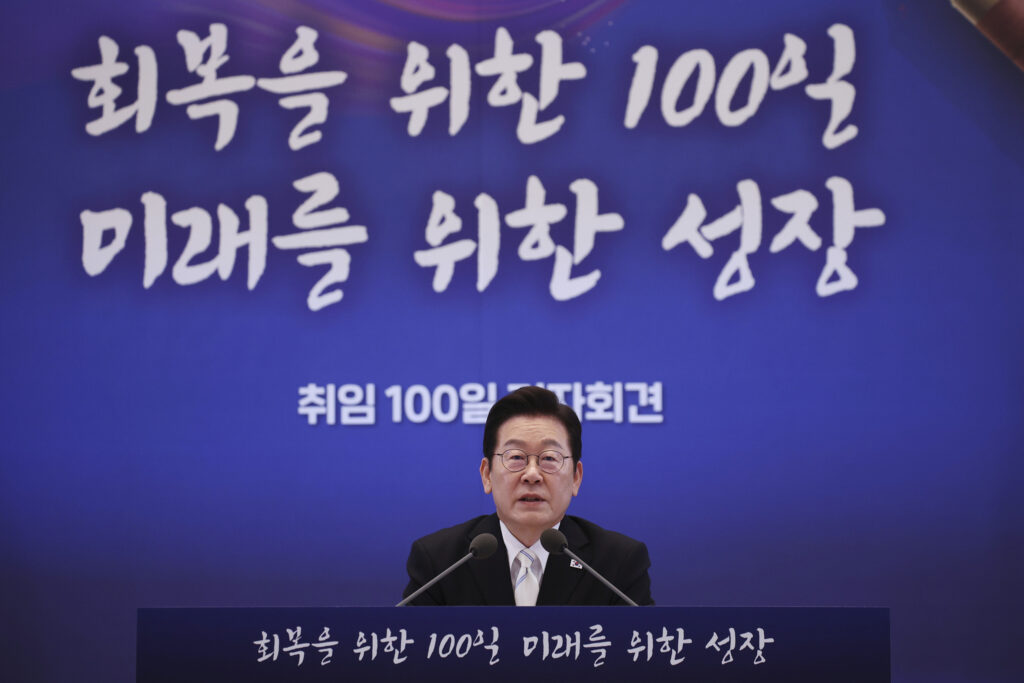
UPDATE: South Korean President Lee Jae Myung has issued a stark warning that a recent U.S. immigration raid could deter Korean companies from investing in the United States. This urgent development comes as U.S. Immigration and Customs Enforcement (ICE) detained 475 individuals, including over 300 South Korean workers, at a Hyundai Motor Group project in Ellabell, Georgia on September 4.
The implications of this raid are profound. President Lee stated that the incident could lead companies from Asia’s fourth-largest economy to become “very hesitant” about direct investments in the U.S. This warning comes in light of South Korea’s commitment to invest $350 billion in the U.S. to avoid higher tariffs, a deal reached just months ago.
The detained workers were involved in a joint venture between Hyundai and LG Energy Solution, touted as a key job-creation project. The raid has halted construction and raised critical questions about multinational investments amid increasing immigration enforcement and tighter visa regulations.
President Lee emphasized the difficulties faced by companies, stating, “For companies, it could be disadvantageous or difficult to set up a factory there, so they can’t but agonize over it,” during a press conference marking his first 100 days in office.
As outrage grows in South Korea over the treatment of its nationals, the situation is further complicated by President Donald Trump‘s push to attract foreign investment. Trump recently declared on Truth Social that foreign investments are welcome, urging companies to legally bring skilled workers to the U.S. while promising swift and lawful processing.
The fallout from this incident is expected to escalate. The more than 300 South Korean detainees are expected to return home on Friday afternoon, and their accounts of the experience will likely draw significant public interest. Any indication of mistreatment could intensify public anger and amplify corporate concerns regarding U.S. investments.
U.S. officials and state leaders have previously promoted this Hyundai-LG venture as a cornerstone for job creation, making the raid’s implications all the more alarming. As foreign companies grapple with the ramifications of increased immigration scrutiny, the future of their U.S. operations is now in jeopardy.
As this story develops, attention will be focused on the returning workers and the responses from both the South Korean government and U.S. authorities. This is a critical moment that could reshape the landscape of international investment in the U.S.
Stay tuned for more updates as this situation unfolds.





